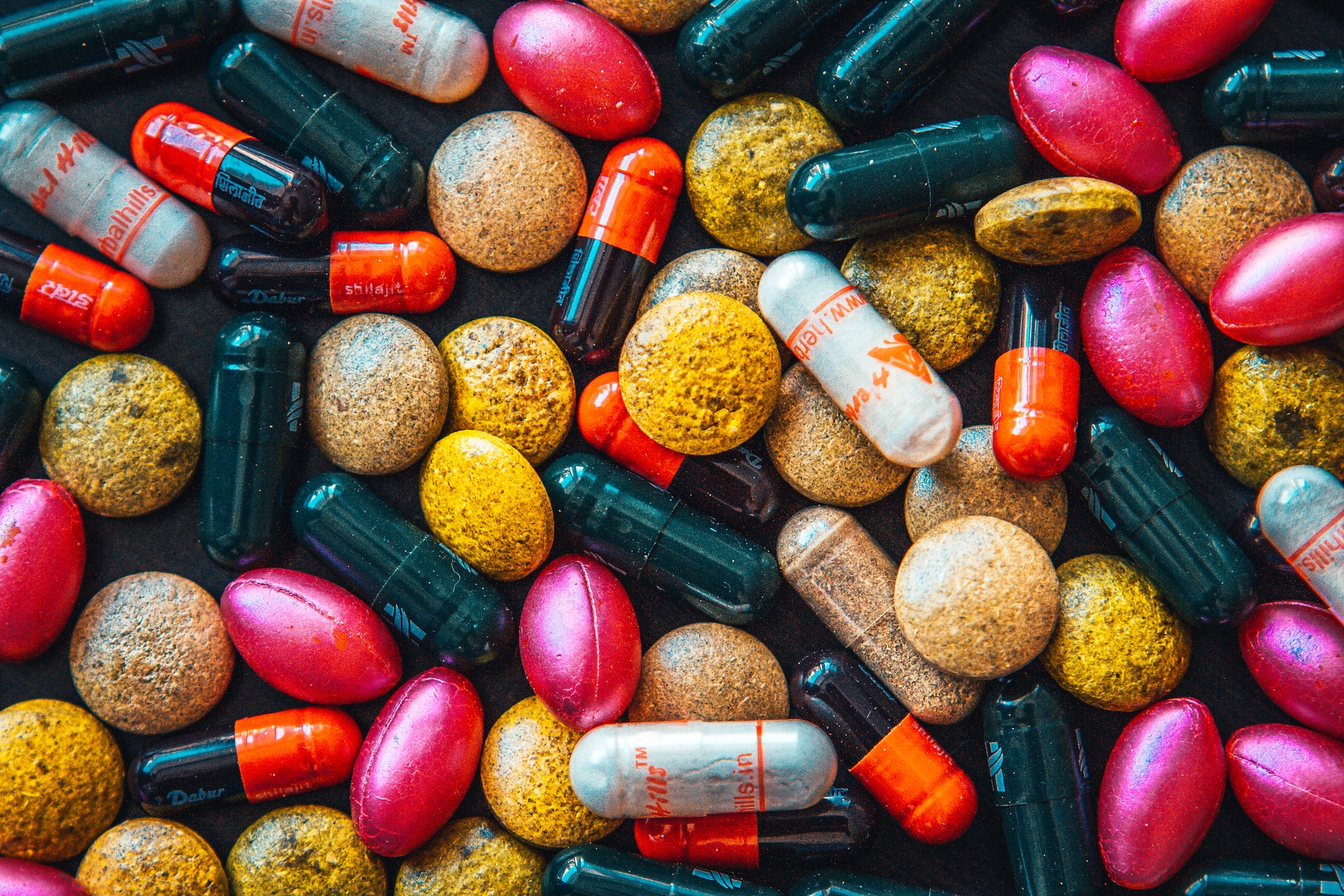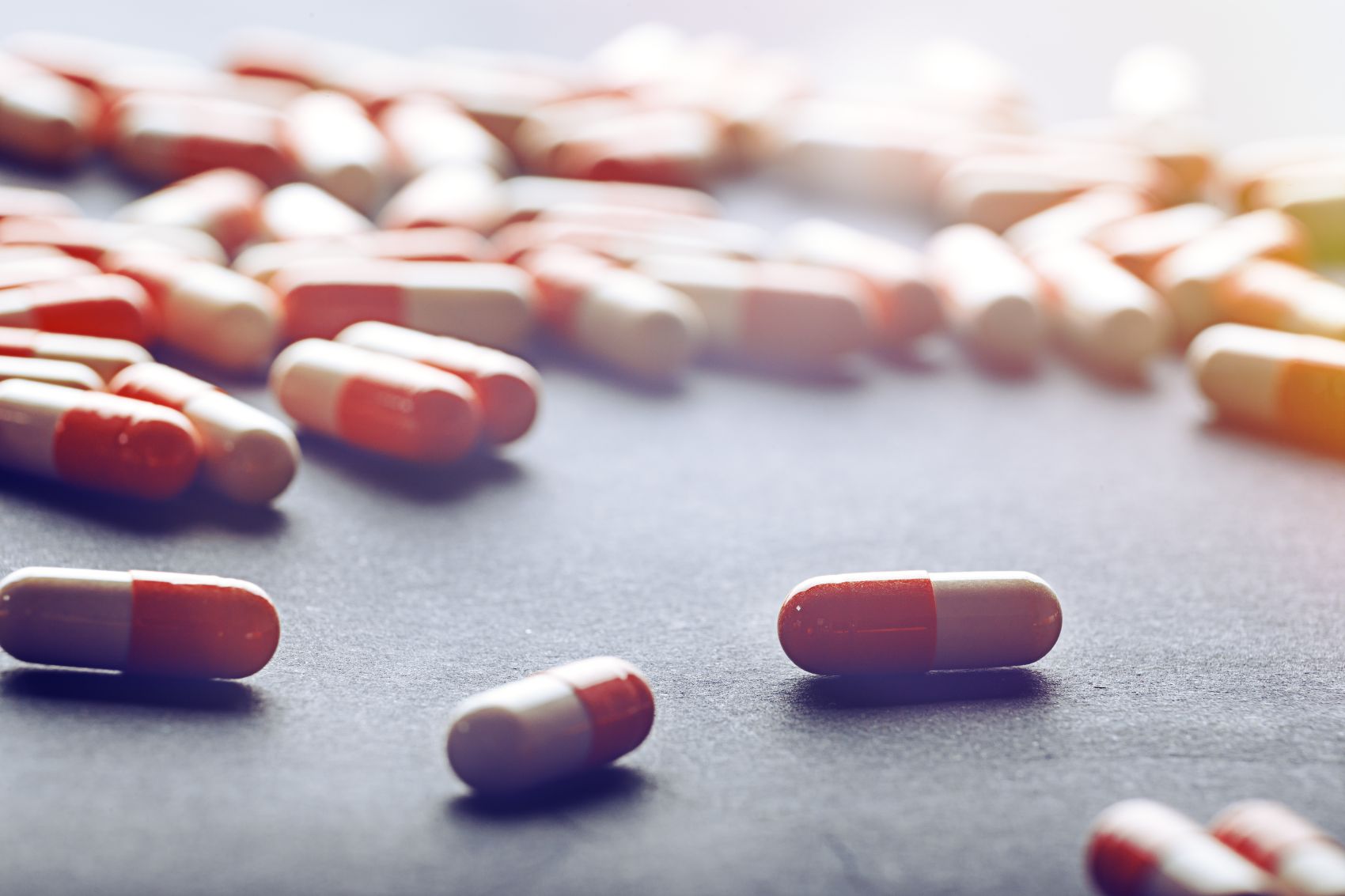
Our body is made up of trillions of cells, and each cell needs an efficient supply of energy to work efficiently. When the energy supply chain loses efficiency, problems begin. Energy-support supplementation is gaining more and more interest because it safely improves the functioning of the entire body and offers numerous benefits. PQQ is one of the more interesting supplements for better energy production.
- PQQ - what is it?
- PQQ a way to increase the number of mitochondria
- How to use PQQ? Dosage
- Try a combination of PQQ and coenzyme Q10!
PQQ - what is it?
PQQ, or pyrroloquinolinequinone, is a very powerful and renewable antioxidant. It can undergo thousands of reduction or oxidation cycles without degrading. It exhibits effects similar to vitamins, but ultimately did not receive this designation because in mammals it is not a cofactor for any enzymes.
In certain amounts, we supply it to ourselves with food. However, these are small amounts, and even basic supplementation increases the availability of PQQ by several times and allows us to discover additional benefits.
Health properties of PQQ noted in studies include:
- lowering inflammatory cytokines and CRP levels,
- improvement in REDOX status,
- improved sleep quality,
- better cortisol response in the morning,
- reduced feelings of fatigue,
- improved overall quality of life.
PQQ a way to increase the number of mitochondria
Of PQQ's mechanisms of action, it is the effect on increased mitochondrial biogenesis that is garnering the most attention. As a reminder - the mitochondrion is a cellular organelle that is a kind of energy factory. In it, energy materials (glucose and lipids) are burned and converted into units of energy useful to the cell. The more mitochondria, the more efficient the production of energy, and thus also the functioning of cells and the whole organism. Compounds known to stimulate mitochondrial biogenesis have been linked to a number of health benefits, such as improved energy utilization, protection against reactive oxygen species, and longevity. Lots of mitochondria also means a lower risk of metabolic diseases.
In the case of PQQ, the property of enhancing mitochondrial biogenesis has been proven in numerous studies on cell lines(in vitro), as well as on living organisms(in vivo). These benefits are due to the activation of CREB and PGC-1α by PQQ.
How to use PQQ? Dosage
The usual dosages of PQQ are in the range of 10-40 mg per day. The optimum is usually 20 mg per day. It happens that in some multivitamins this supplement is added in a lower dose, less than 10 mg, which probably gives some benefits, but they are undoubtedly much smaller than the classic doses.
PQQ is one of those supplements that require patience. The effects do not appear after the first dose, and may not be noticeable even after a week. In its case, it is advisable to set your mind to supplementation for many months, which will allow it to discover its full potential. Some of the effects should be easy to notice after a month, and the full package of effects should be visible after 2 months.
Try a combination of PQQ and coenzyme Q10!
PQQ and Q10 are a very close-knit duo. Coenzyme Q10 is also a mitochondrial antioxidant that effectively supports cellular respiration. Together with PQQ, they mutually support each other in boosting energy production and better nourishing cells. Not surprisingly, this set is very popular. There are even ready-made supplements on the market that combine these two ingredients in a single capsule.
For even stronger enhancement of mitochondrial biogenesis, PQQ can be combined with; resveratrol, EGCG from green tea or quercetin.
Sources:
- Chowanadisai W, Bauerly KA, Tchaparian E, Wong A, Cortopassi GA,
Rucker RB. Pyrroloquinoline quinone stimulates mitochondrial
biogenesis through cAMP response element-binding protein
phosphorylation and increased PGC-1alpha expression. J Biol Chem.
2010 Jan 1;285(1):142-52. doi: 10.1074/jbc.M109.030130. epub 2009 oct
27. PMID: 19861415; PMCID: PMC2804159. - Masahiko Nakano et al. Effects of Oral Supplementation with
Pyrroloquinoline Quinone on Stress, Fatigue, and Sleep. Functional
Foods in Health and Disease, Vol 2, No 8 (2012) - Harris CB, Chowanadisai W, Mishchuk DO, Satre MA, Slupsky CM, Rucker
RB. Dietary pyrroloquinoline quinone (PQQ) alters indicators of
inflammation and mitochondrial-related metabolism in human subjects.
J Nutr Biochem. 2013 Dec;24(12):2076-84. doi:
10.1016/j.jnutbio.2013.07.008. PMID: 24231099.
 ⮜ Previous article
⮜ Previous article
Ranking of vitamins for women - TOP 12 proposals
 Next article ⮞
Next article ⮞